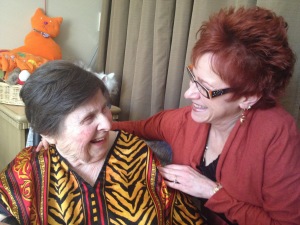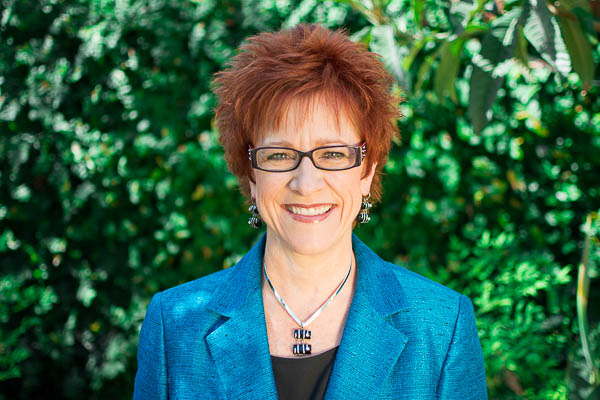Let’s hear from professionals around the world to see if this assumption is correct! Do seniors need fewer days of hospice in assisted living and skilled nursing than at home? It makes sense to me.
An article by the Philly Voice stated, “At hospice enrollment, between 2008 and 2012, 78,130 of the patients in the study lived at home and 7,451 were in assisted living.”
My own mom with vascular dementia, living in skilled nursing care, only needed 4 days of hospice care. While my mom was actively dying with hospice care, I read about all the signs people show approaching death.
In a great little book called, “Gone from my Sight, The Dying Experience,” by Barbara Karnes, RN, I learned how seniors start to withdraw one to three months prior to death. The desire for food decreases while sleep dramatically increases. A senior can become more disoriented, agitated and talk with the unseen one or two weeks before death.
As I held my mom’s nonresponsive hand a few days before her death, I realized that most of what the book predicted had happened to my mom in the previous few months. Yet she was completely supported in her skilled nursing environment. What a gift that community gave her.
When she could not feed herself (she forgot how because of her dementia), the caregivers or I would feed her. At every meal she was given an opportunity to feed herself. The staff never gave up on her improving. If my mom had been home, I would have fretted and taken her to the doctor to learn why she was eating less.
My mom never had to be disrupted from her familiar environment and go the hospital like many hospice patients. All types of care could happen right at her skilled nursing community. My mom needed full care (bathing, dressing, medication management, two-person transfers, toileting and feeding).
I can see in my mind’s eye that many higher-level assisted livings could accomplish what my mom’s skilled nursing environment did for her. Calm caring 24/7 staff that understands declining seniors can bring a sense of peace to the patient and his or her family members.
I want to personally thank all the assisted living and skilled nursing care workers that help seniors transition to death. Bless you! Shout out to all the nurses and caregivers at Freedom Village Skilled Nursing for what you did for my mom. Your compassionate staff rocks!
Your Senior Housing Options,” has a simplistic title, but what’s inside this new book can save a you months of research time. Hear Diane Masson’s interview of how her mother and in-law’s faced the pivotal decision to plan ahead or wait until a crisis. Learn the pitfalls from transitioning from your home to senior housing. Understand what questions to ask, insider tips and dirty secrets revealed. The decision to stay home requires caregivers. Prevent elder abuse by determining if a home care agency is reputable, before they move into your home. You are just not looking for today’s needs, but for your future care. Discover key differences between rental facilities vs Continuing Care Retirement Communities. Do you have enough financial resources if you need to be in a higher level of care for an extended period of time? For weekly tips join at: Www.Tips2Seniors.com
Diane Masson has worked in senior housing for 17 years and is the regional marketing director for two debt-free Continuing Care Retirement Communities in Southern CA (Freedom Village in Lake Forest and The Village in Hemet). Her first book “Senior Housing Marketing – How to Increase Your Occupancy and Stay Full,” is being utilized by senior housing professionals across the country. Both her first book and second book, “Your Senior Housing Options,” have a 5-star rating on Amazon.com.



